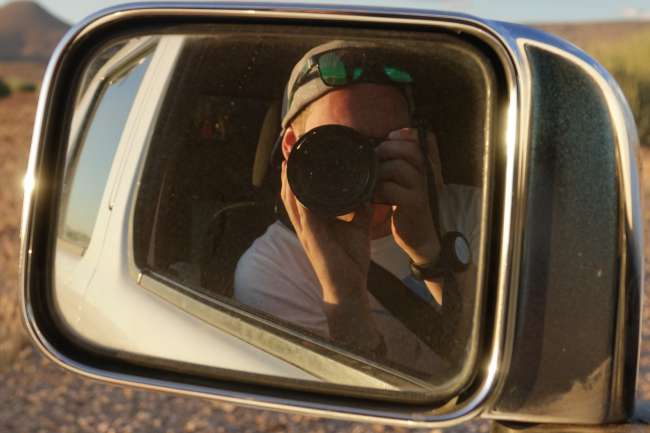Day 170 The Tunnels of Cu Chi
प्रकाशित: 01.10.2017
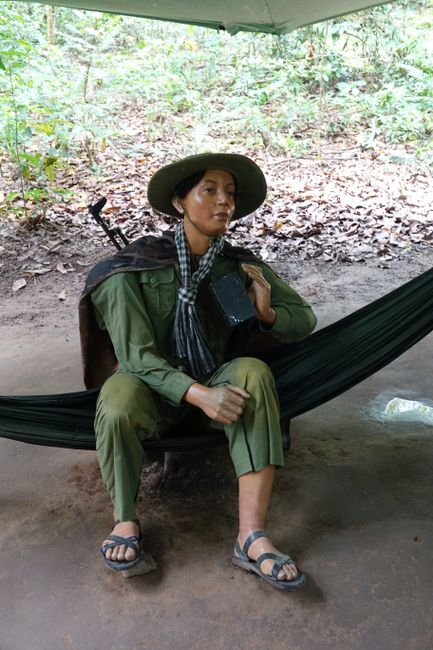
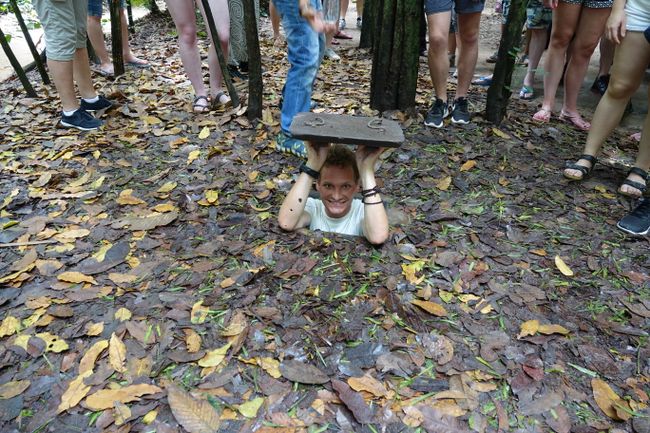
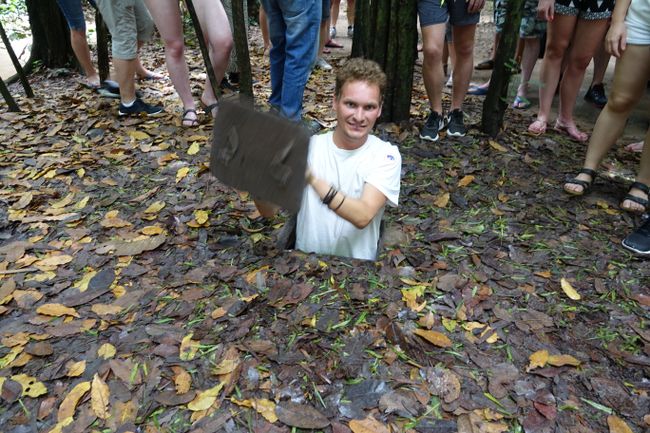
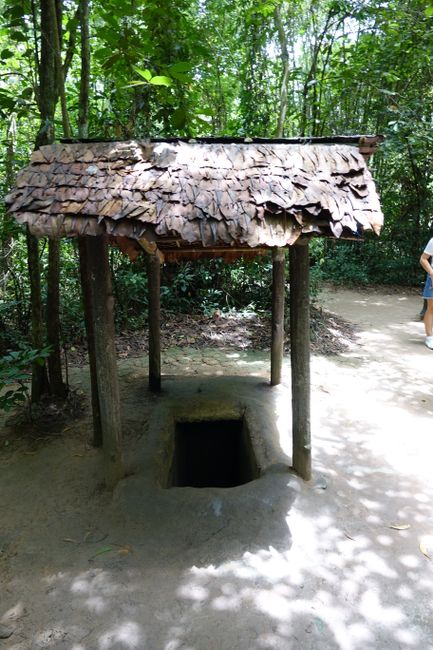
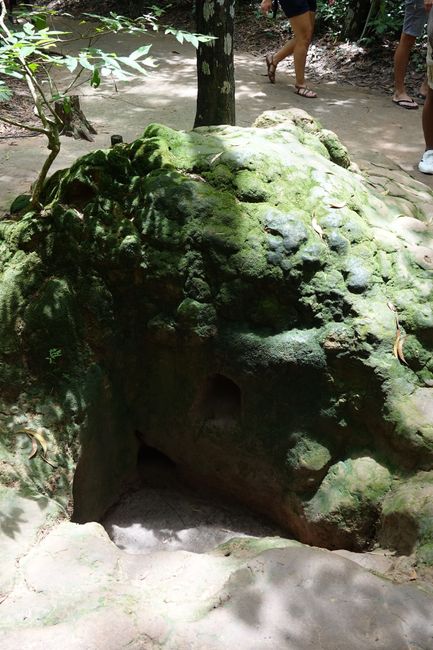
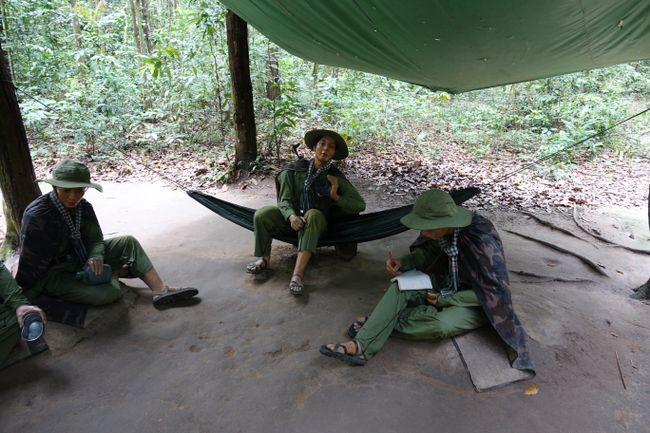
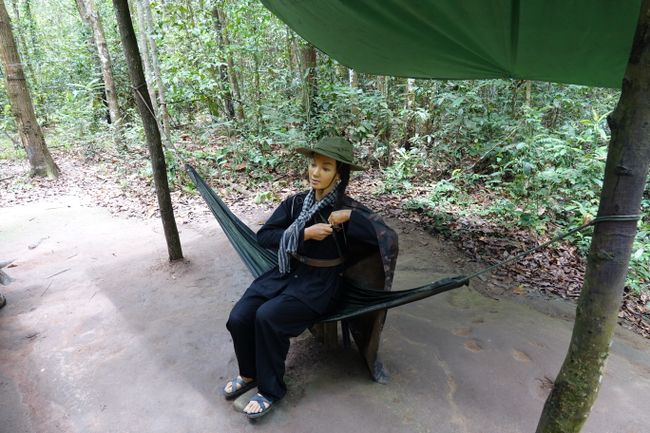
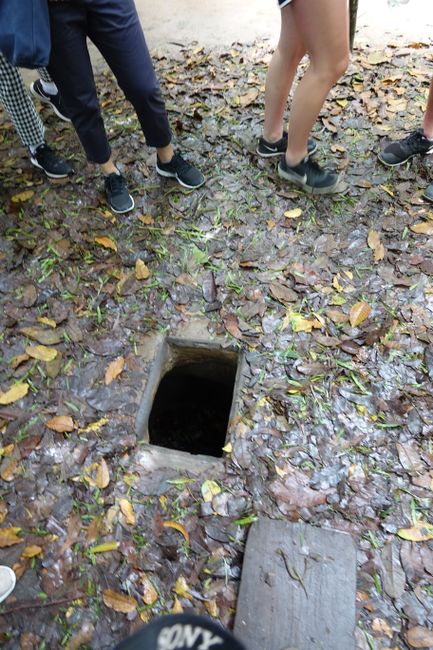
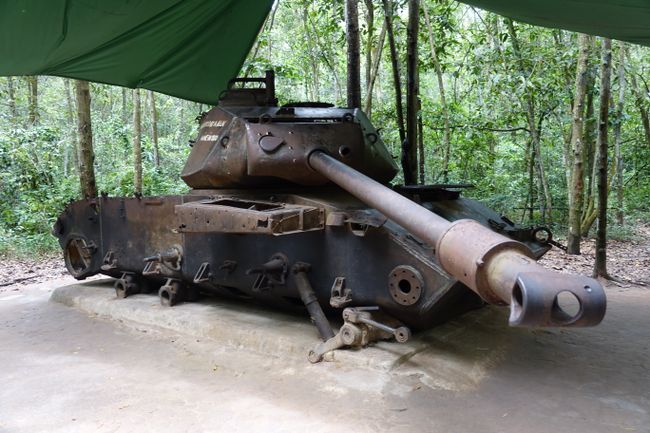
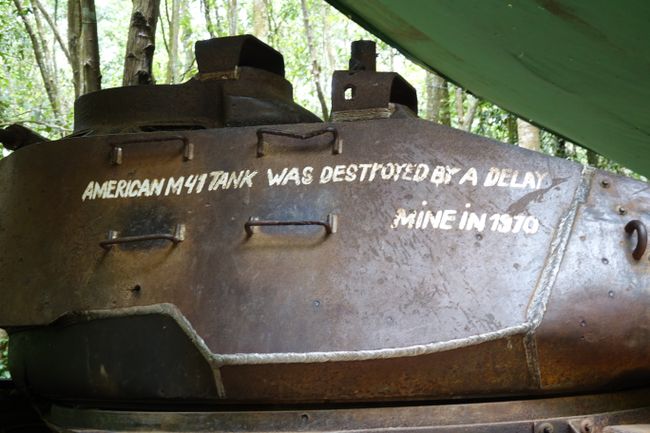
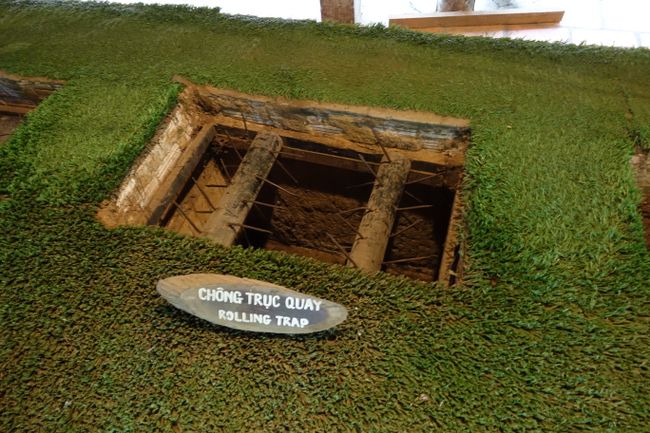
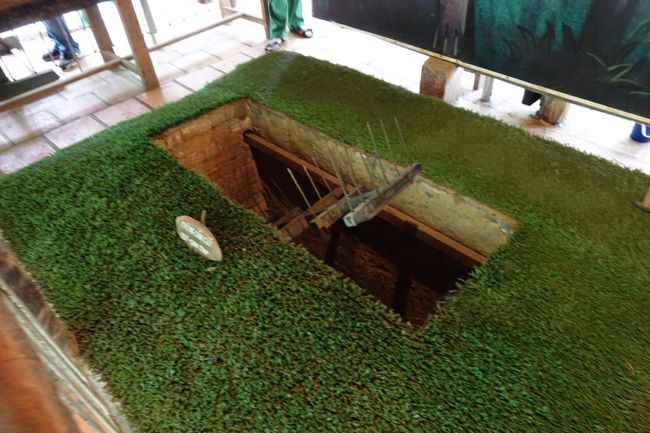
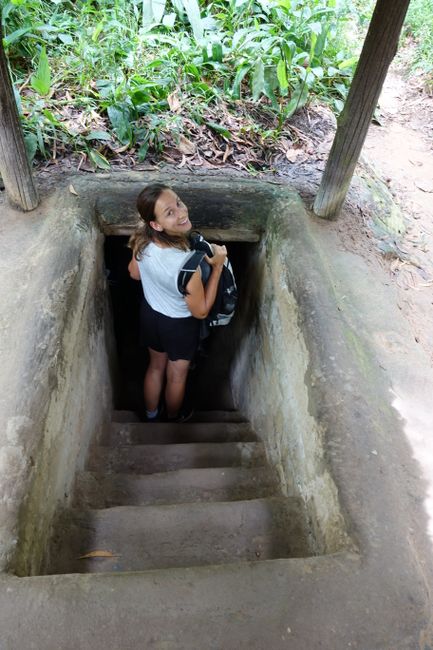
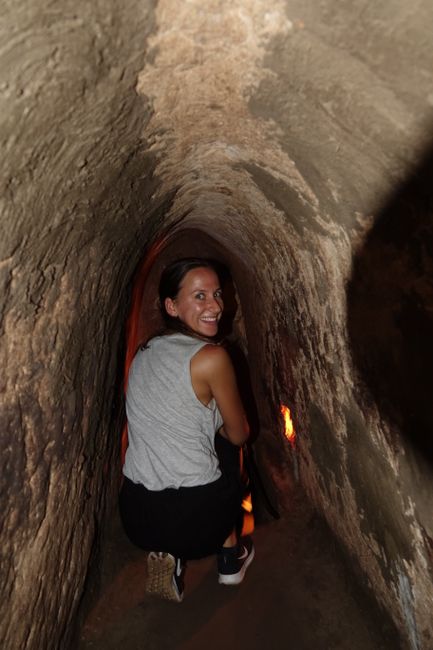
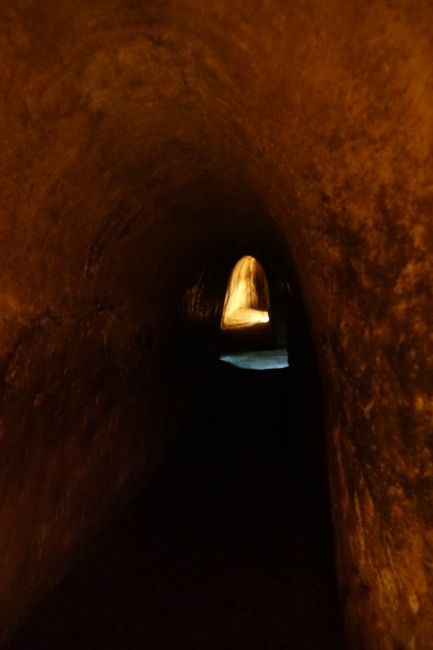
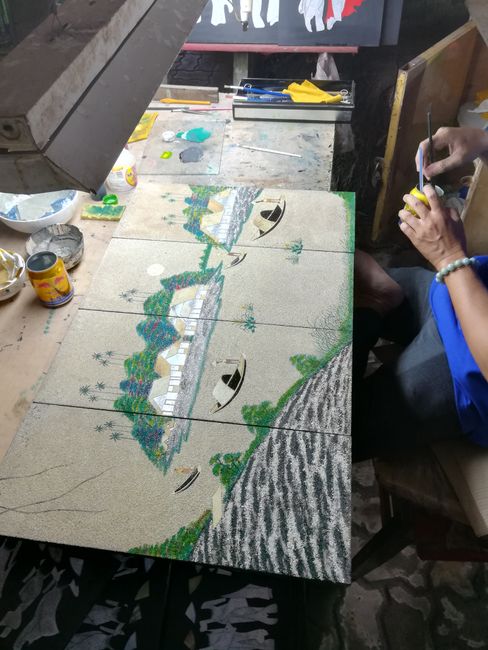
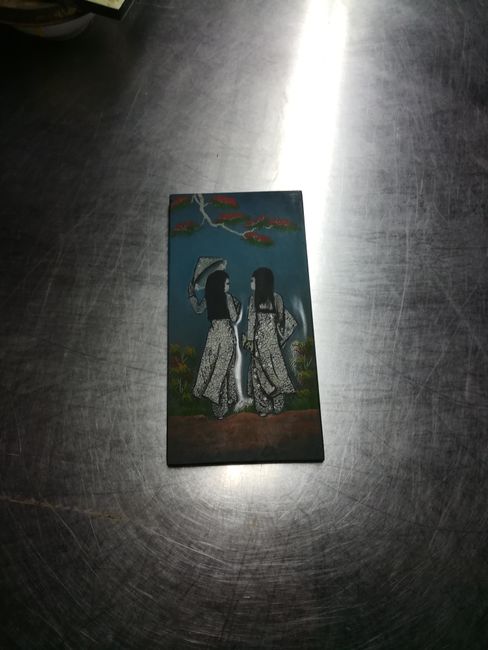
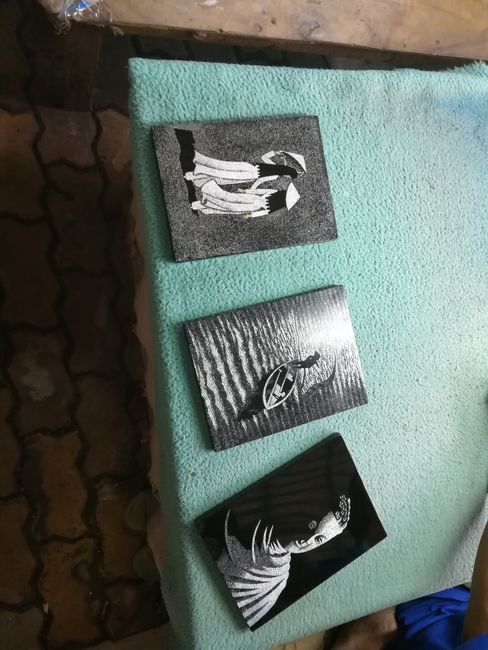
समाचारपत्रस्य सदस्यतां गृहाण
After yesterday's visit to the War Victims Museum, I wanted to explore the tunnel system of the Viet Cong today. In the northwest of Saigon, there is a museum that showcases recreations and partially original tunnels from the war.
We took a bus out of the chaos of the city, which took a lot of time. Before reaching the tunnels, we made a stop at a workshop for Agent Orange victims. Agent Orange is a chemical warfare agent, actually a pesticide, that was used by the Americans in the war. Agent Orange is highly mutagenic, meaning it attacks DNA and leads to deformities in subsequent generations. Affected individuals also suffer from ulcers on various parts of their bodies. People affected by Agent Orange work in this workshop, and the proceeds from the sale of artwork support a foundation for the victims.
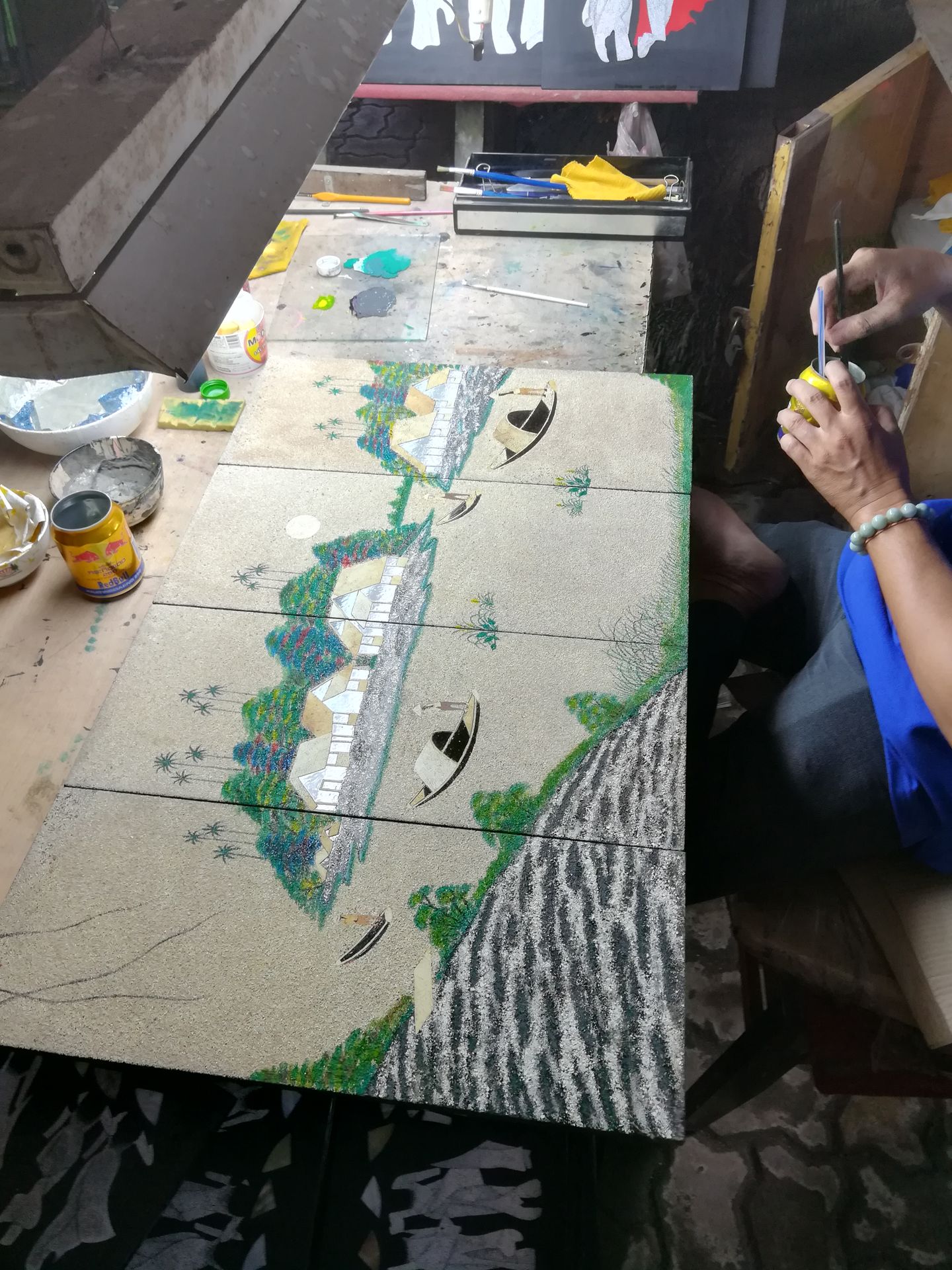
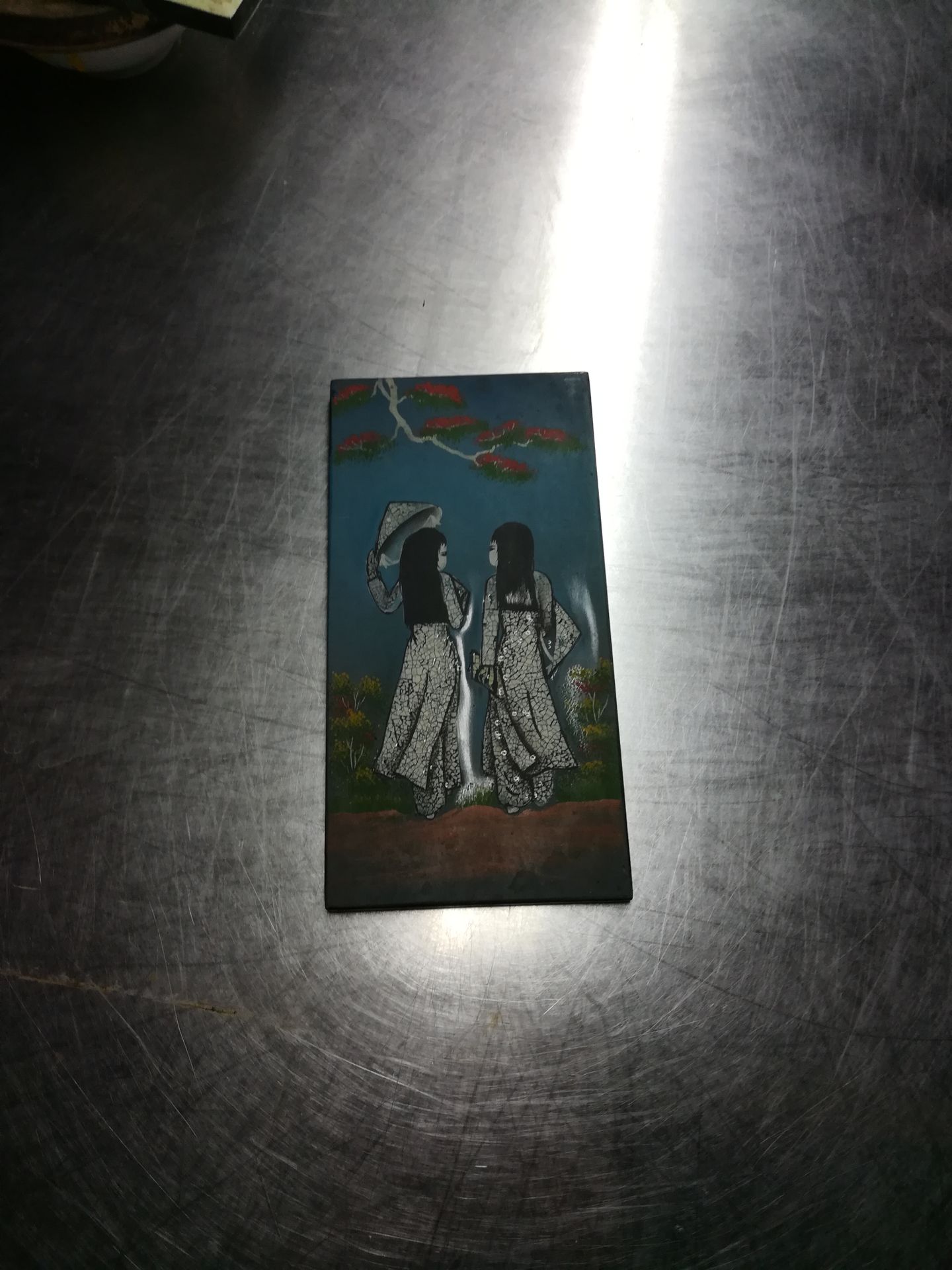
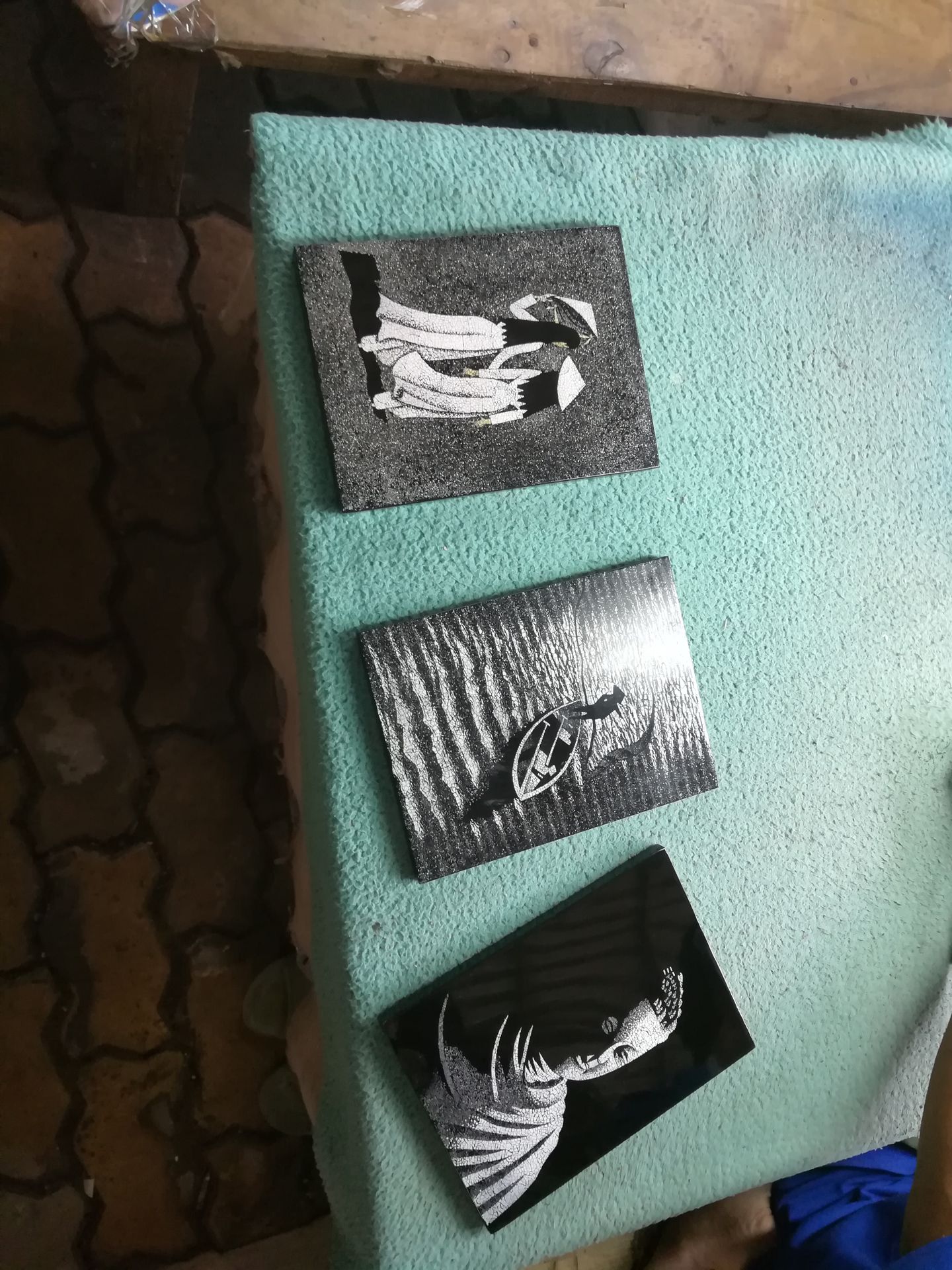
After the workshop, we drove to the entrances of the tunnels. That's when I got my first impression of how tight and small they were. There was an entrance where you could test if you could fit in. I managed to fit into the hole, but I had no idea how I would enter the tunnel system afterwards. I simply didn't have enough space to move even a little bit. And that was exactly the problem for the Americans. Compared to the Vietnamese, they were simply too tall and too broad. While the small Viet Cong slipped through the narrow passages smoothly, the Americans got stuck. That is, if they even found an entrance to such a tunnel.
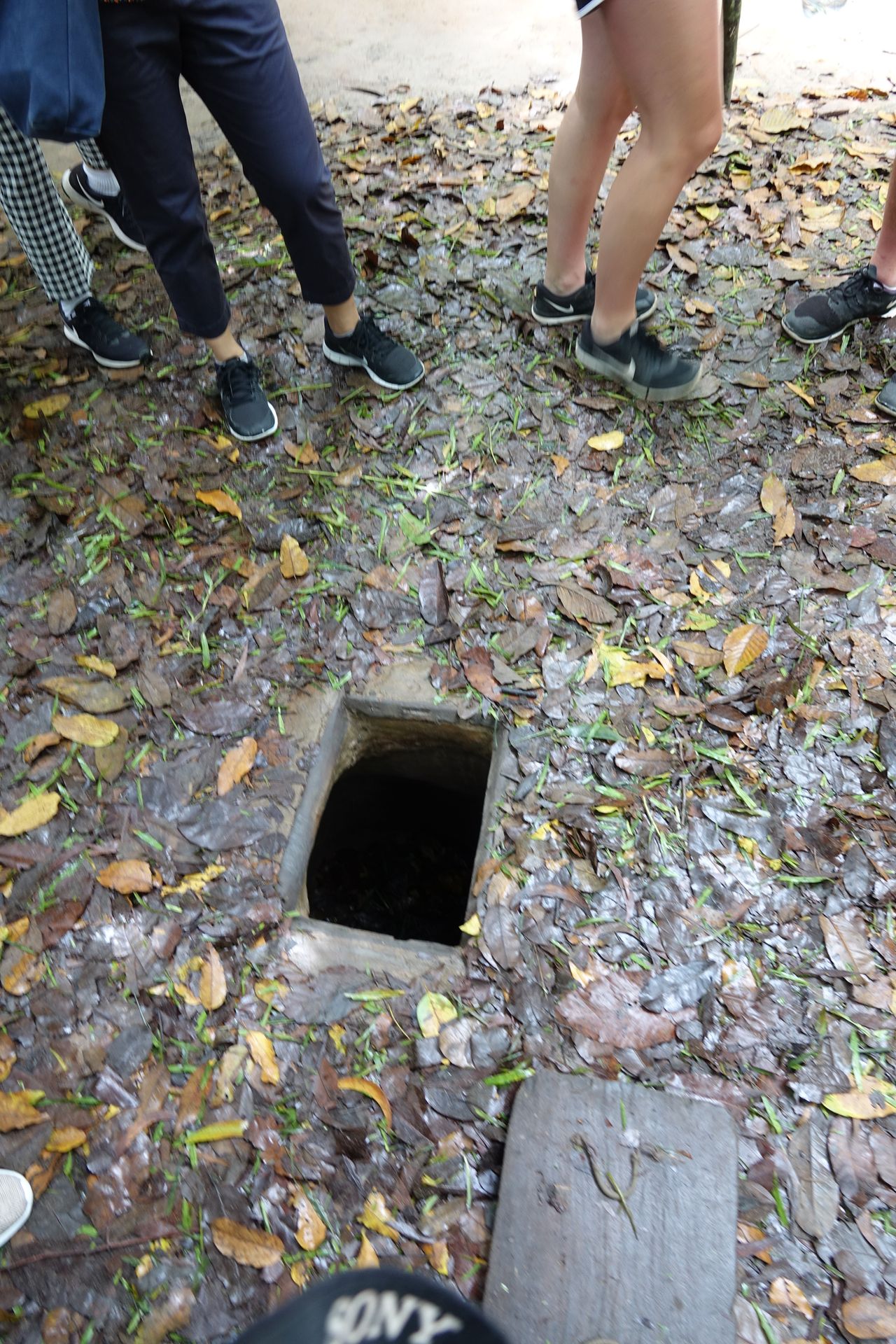


What the Viet Cong built underground is truly impressive. They were able to live underground without any problems, creating rooms for sleeping, living rooms, and even schools for children. The entire construction was an architectural wonder. They thought of everything, including ventilation holes and more.
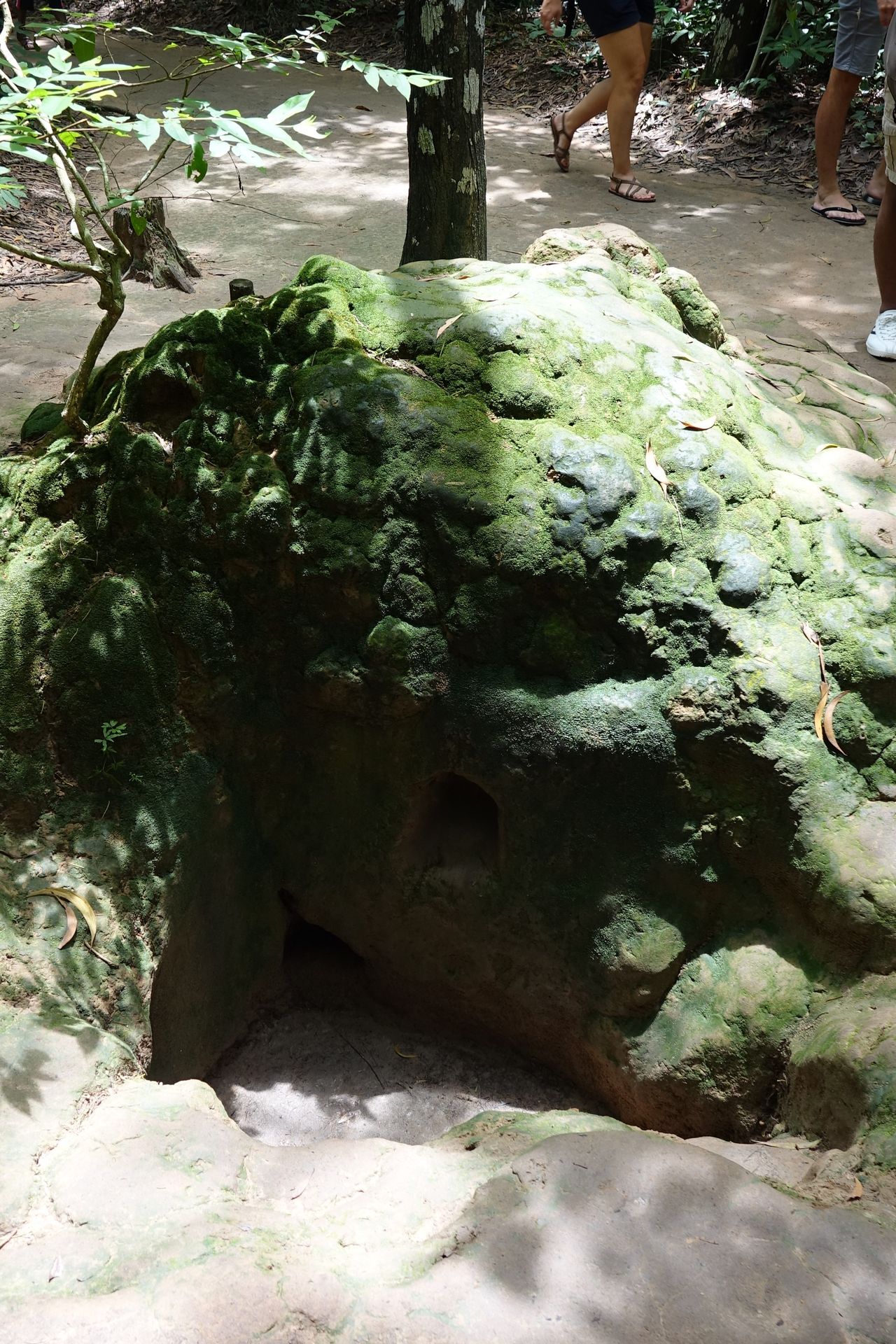
The tunnels couldn't be flooded, or the Viet Cong could quickly escape to another tunnel.
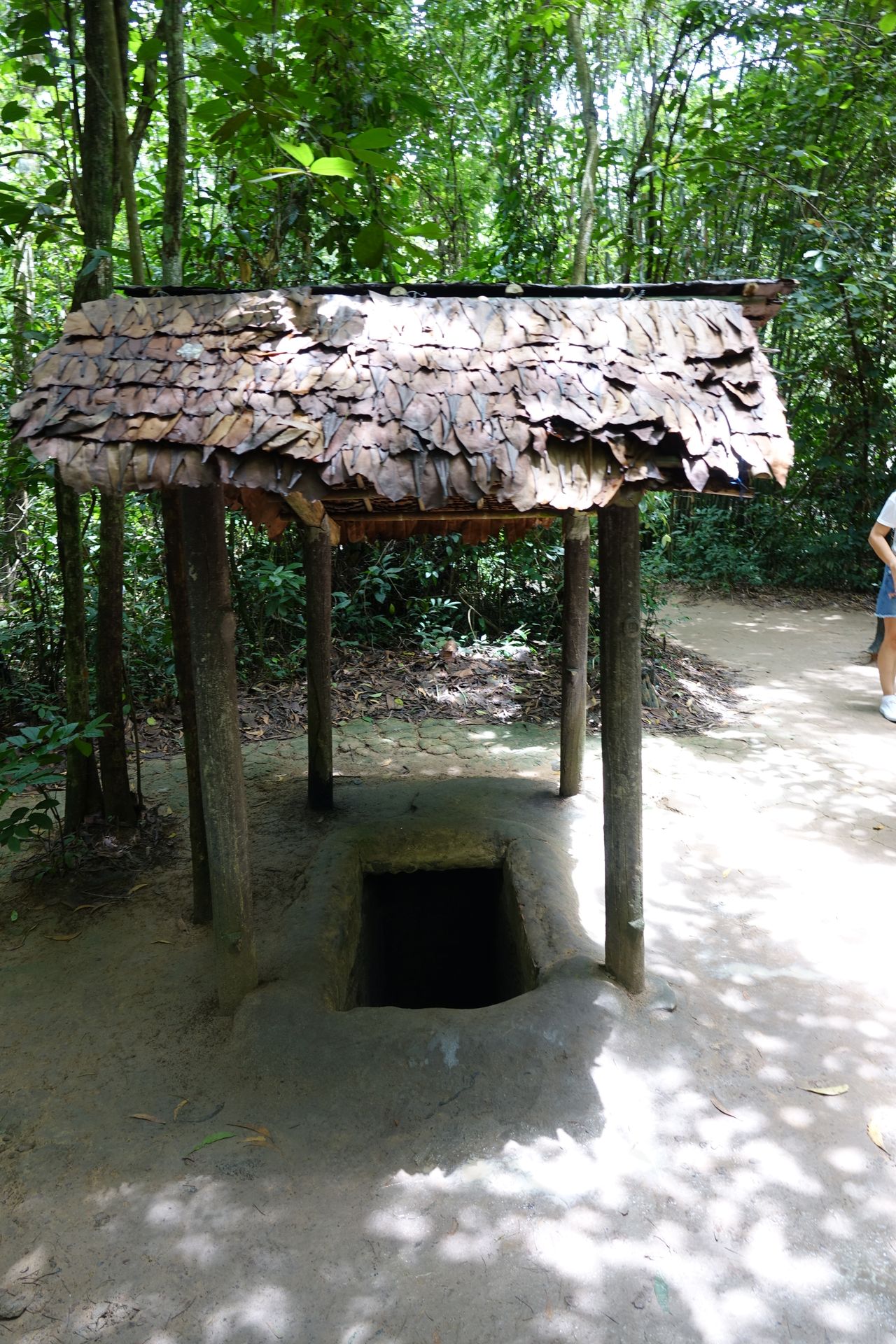
The men wore green clothing to blend in with the jungle during the day when they emerged from their hideouts to fight. The women wore black clothing so they could move unnoticed at night, for example, to tend to the fields or search for food.
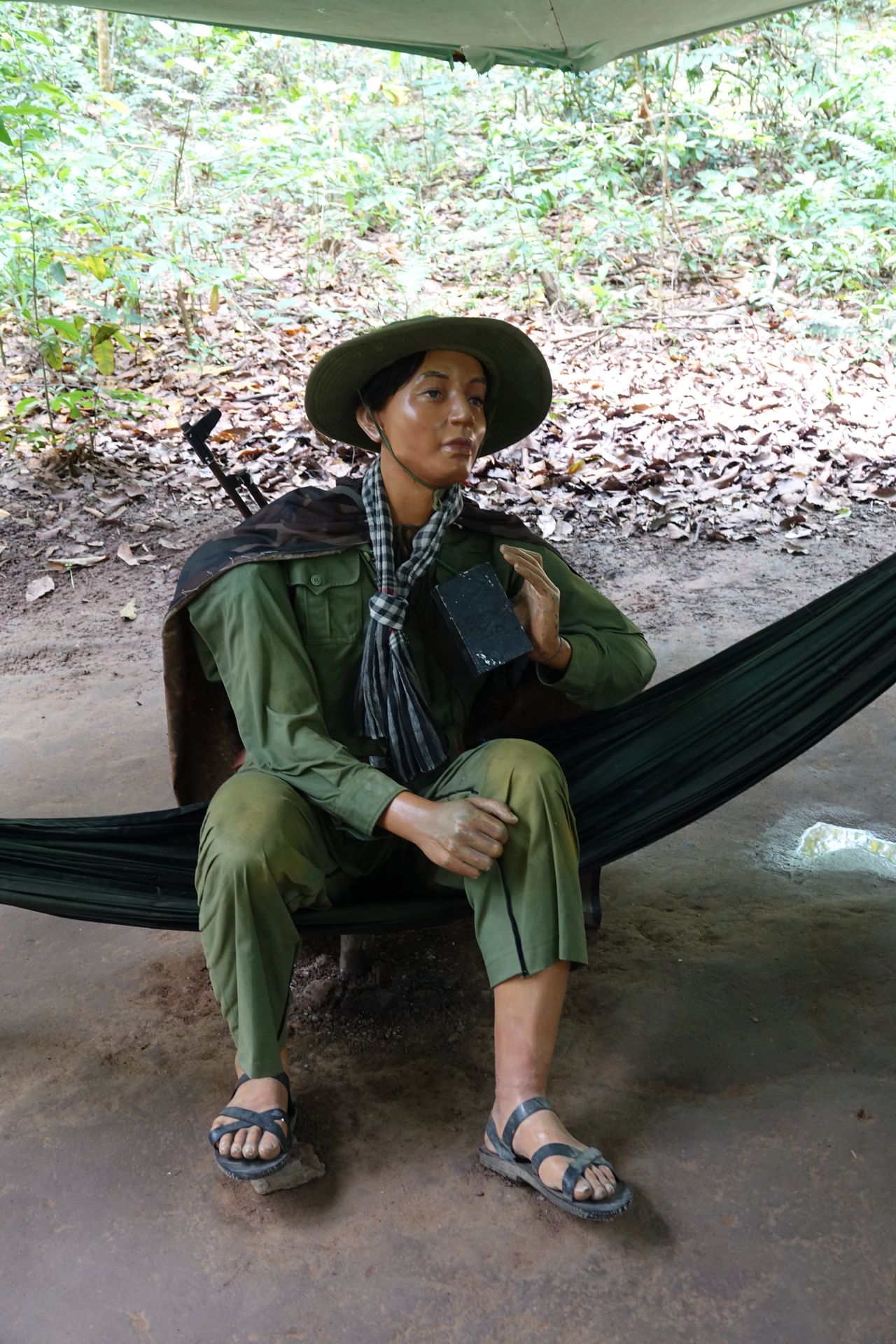
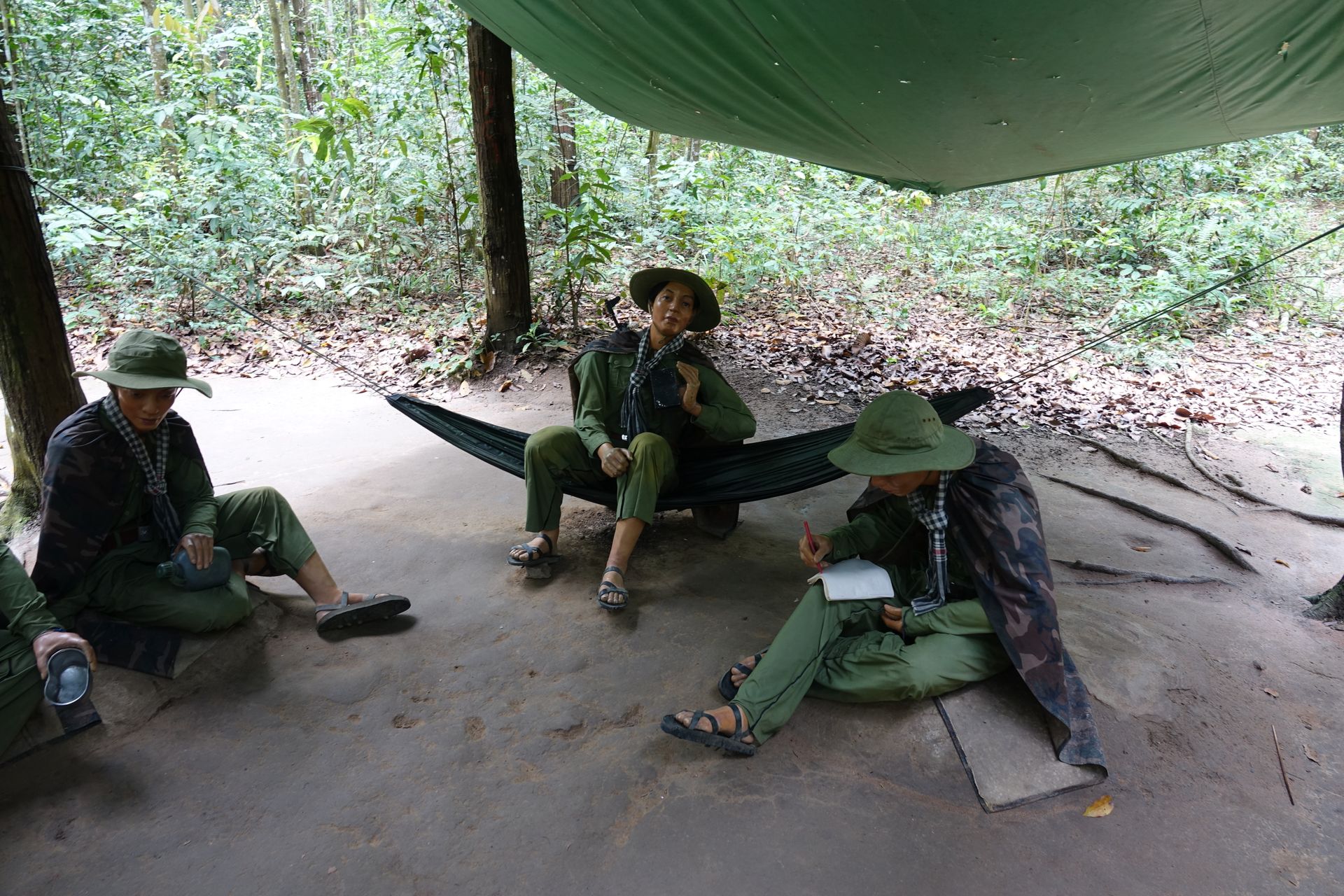

Traps were also inserted into the ground everywhere. But not to kill someone, only to injure them so that they needed help. This way, the Viet Cong could eliminate multiple soldiers while the trap would only kill one. There could be a trap behind every door.
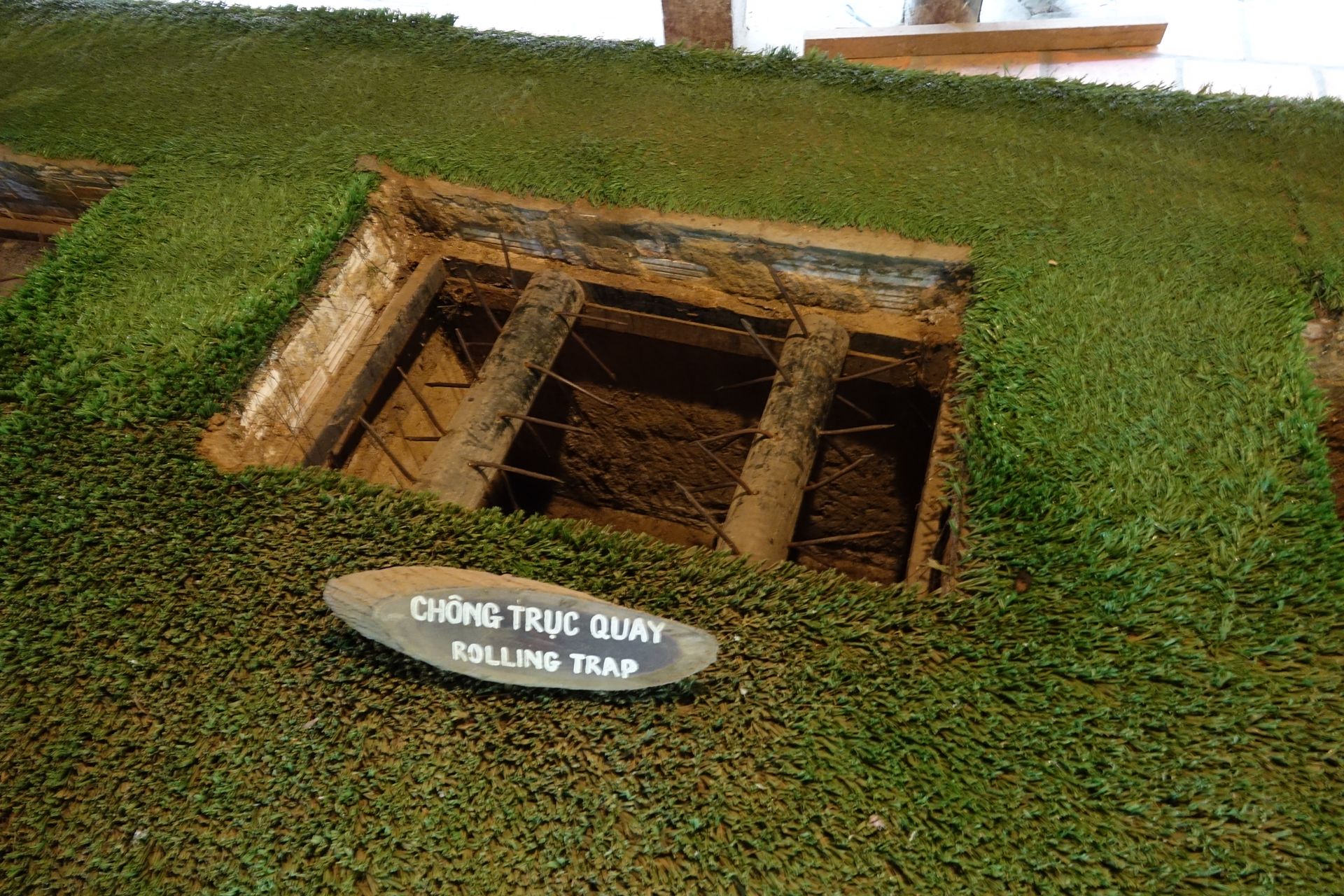

Reports from surviving American soldiers show that it was hell on earth to fight against the Viet Cong. Finding a tunnel was no reason to celebrate because most of those who went into the tunnels never came out...
It was quite impressive to see everything like this. From my perspective, the Americans never had a chance to win this war. The Viet Cong were superior to them in every way. And large vehicles like tanks didn't help much in the jungle. And if they did use one, it would be destroyed by a mine in the forest floor.
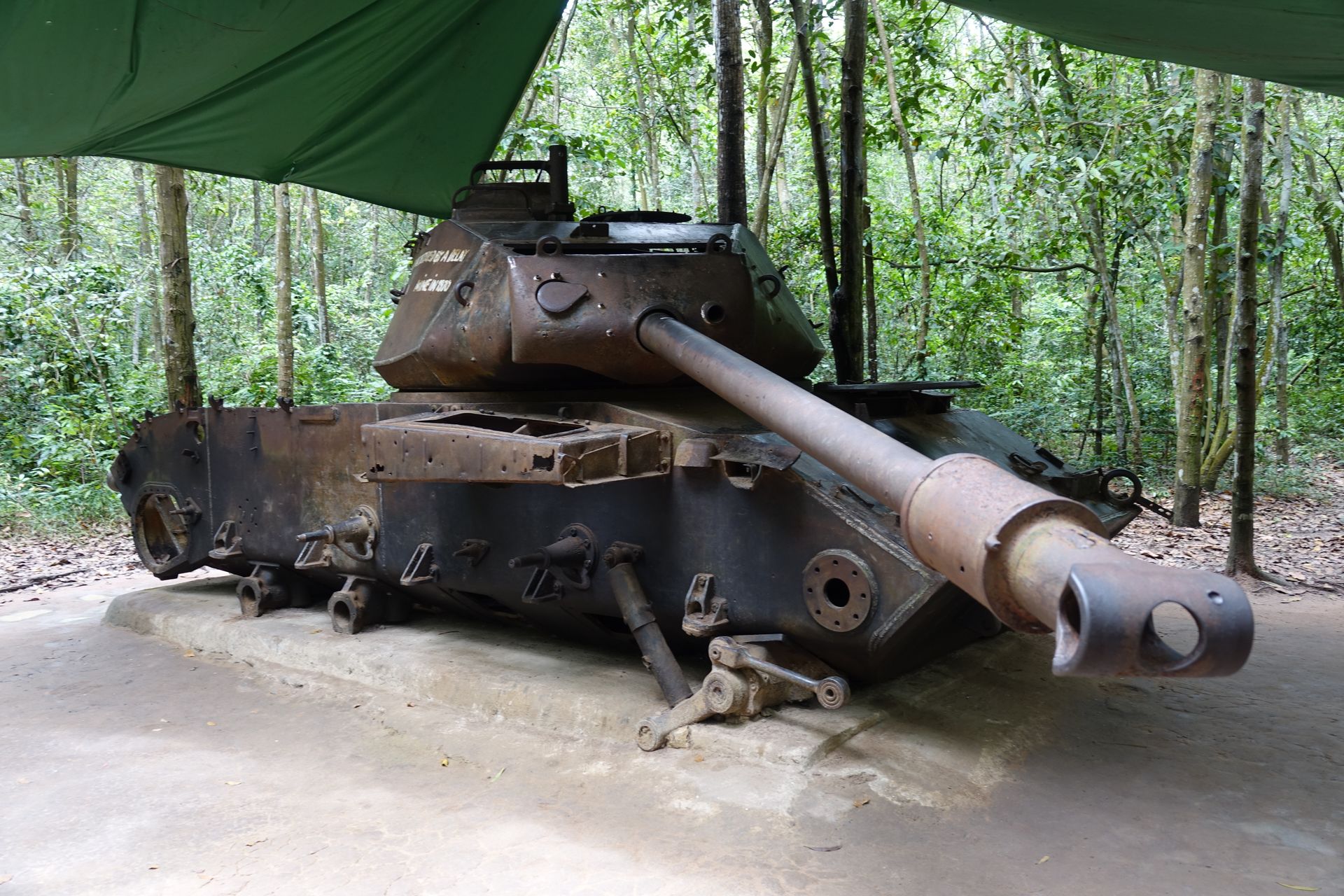

At the end of the tour, we had the opportunity to crawl through a 200-meter-long tunnel. This time, the entrance was big enough. But there wasn't really much space inside the tunnel.
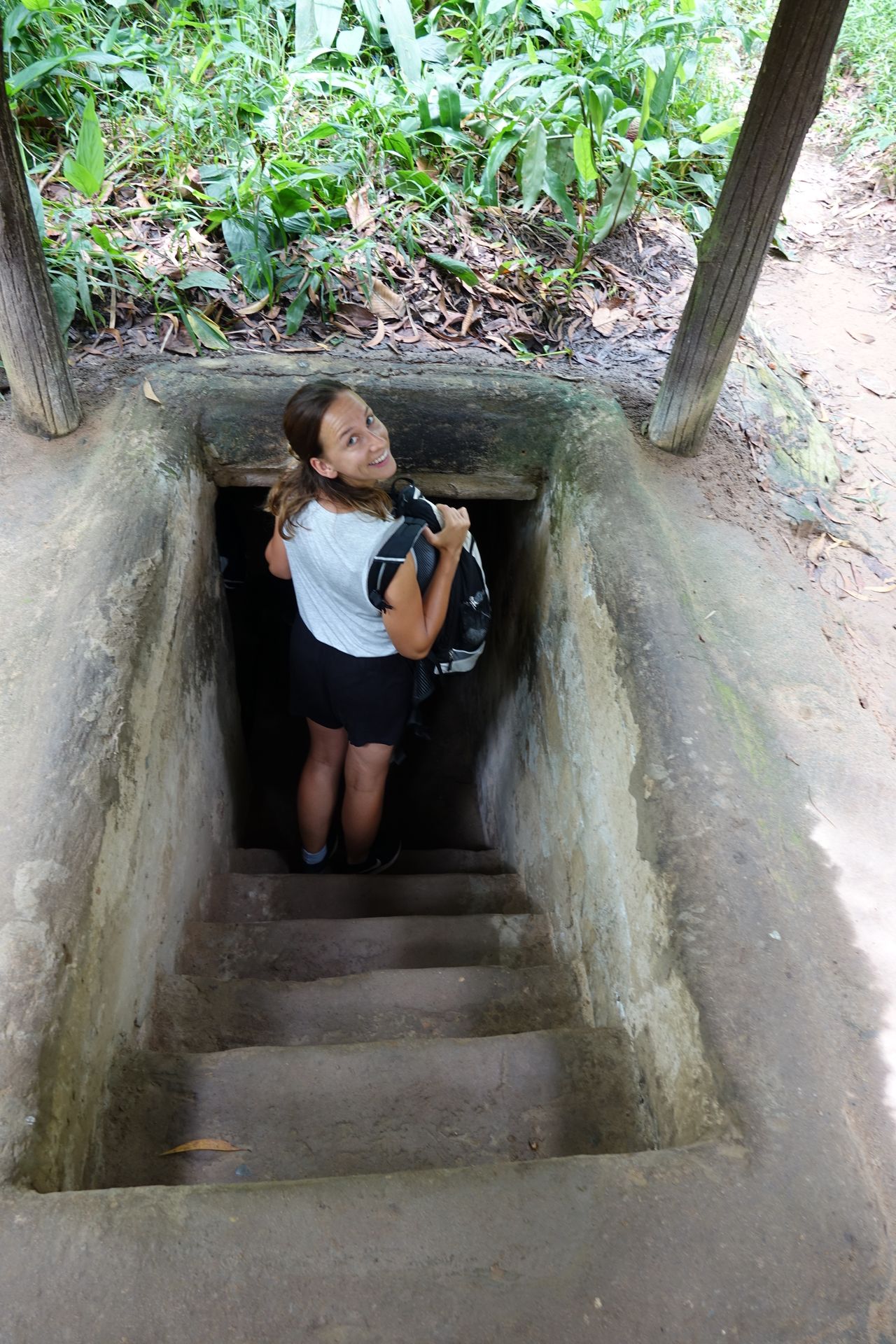
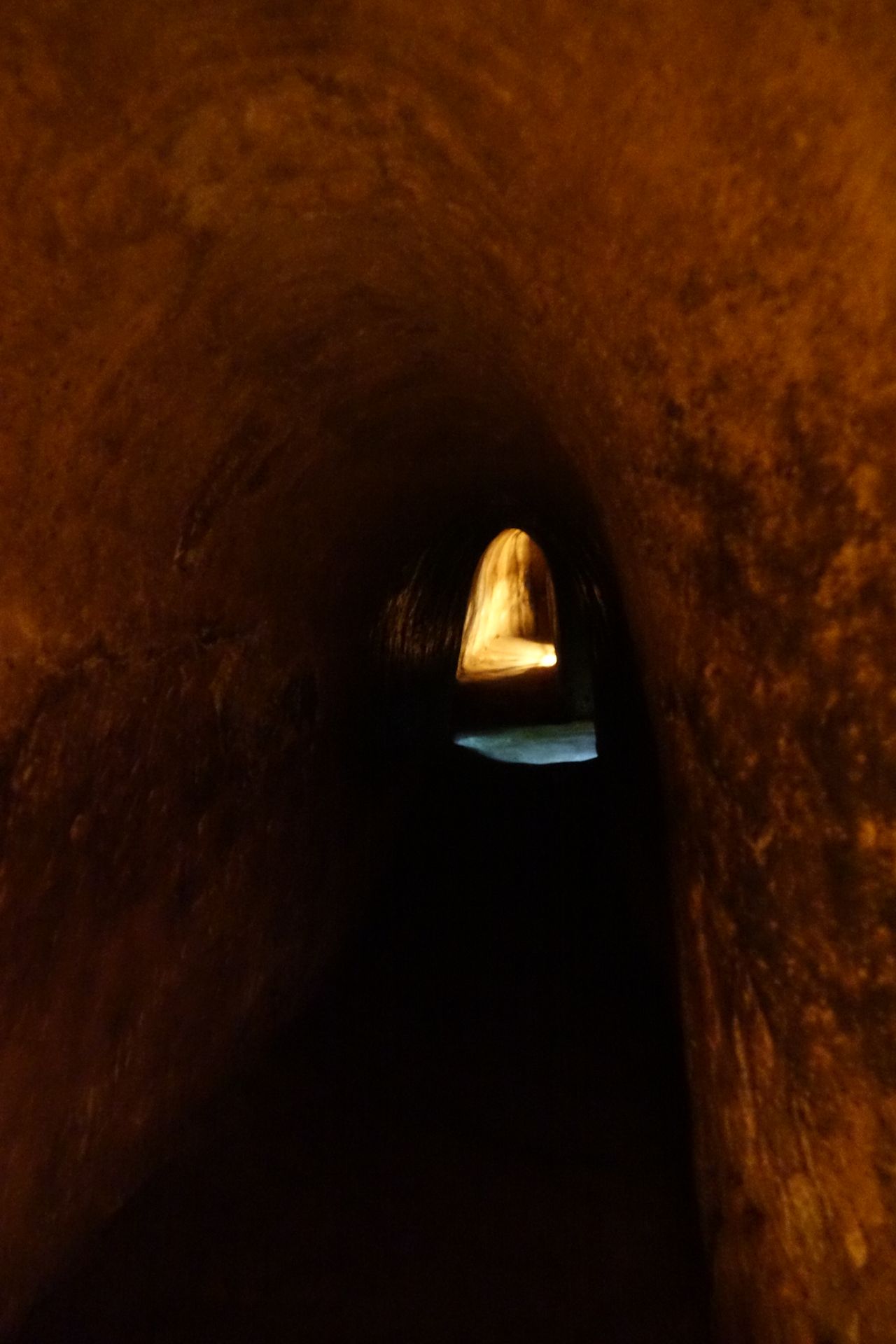

The museum vividly shows what it must have been like during the war, but it has one major downside. It is completely overrun by tourists, and you don't really have much time to take a peaceful look at things. That's a bit of a shame.
After the historically significant excursion, we returned to the hustle and bustle of Saigon.
समाचारपत्रस्य सदस्यतां गृहाण
उत्तरम्
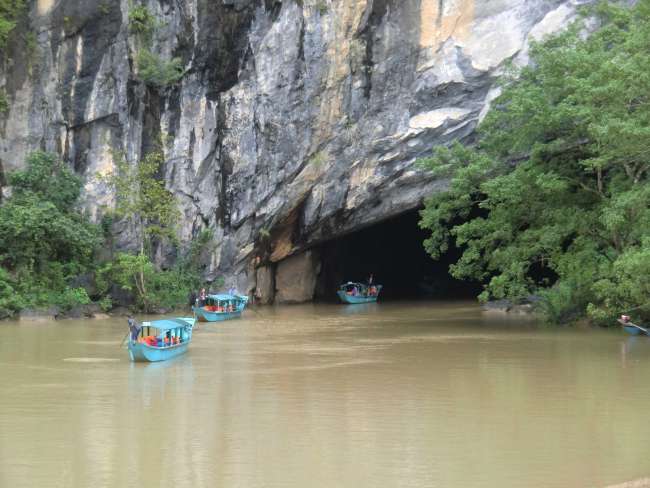
यात्राप्रतिवेदनानि वियतनाम

